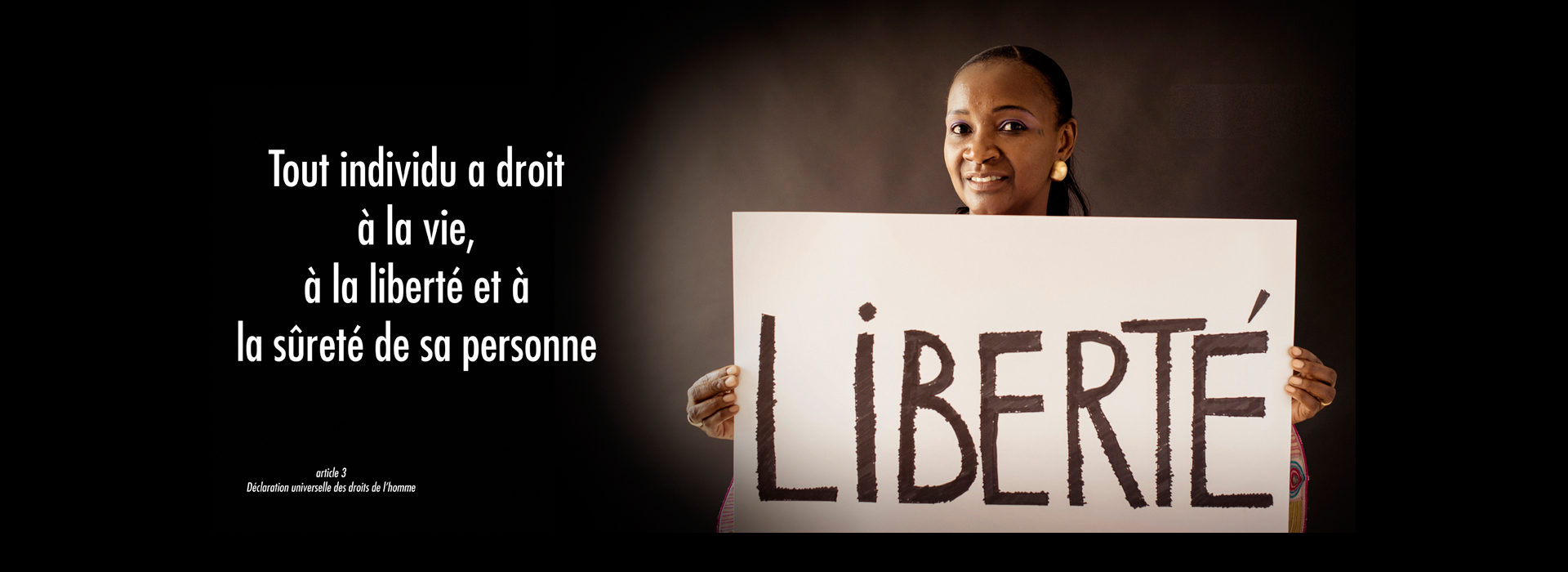The brief references to the heroic deeds of Siegfried allude to several ancient stories, many of which are preserved in the Scandinavian Poetic Edda (see Edda), Vlsunga saga, and Thidriks saga, in which Siegfried is called Sigurd. [71] No Middle High German heroic epic after the Nibelungenlied maintains the tragic heroic atmosphere that characterized earlier Germanic heroic poetry, and the later poems are often further hybridized with elements of chivalric romance. Detailed explanations, analysis, and citation info for every important quote on LitCharts. The original text plus a side-by-side modern translation of. When word of the fight arrives at the feast, Hagen decapitates the young son of Kriemhild and Etzel before their eyes. Brnhild has Sigurd killed, not by Hgni (Hagen), who refuses to do so on the grounds of friendship, but by Guthorm, Gunnar's brother. Word Count: 1921. PDFs of modern translations of every Shakespeare play and poem. Gunther agrees to let Siegfried marry Kriemhild if Siegfried helps Gunther acquire the warrior-queen Brnhild as his wife. [38] The connection between the first half of the epic (Siegfried's murder) and the second half (Kriemhild's marriage to Etzel) is especially loose. Kriemhild (the virgin sister of King Gunther and his brothers Gernot and Giselher) has a dream of a falcon that is killed by two eagles. The Nibelungenlied, translated literally as "The Song of the Nibelungs", is an epic poem in two parts, telling the story of Siegfried, his murder by the Burgundians, and the revenge taken by his widow Kriemhild. Siegfried and Gunther no longer change forms, but Siegfried dons the "Tarnkappe", which renders him invisible, so that while Gunther makes the motions, Siegfried really does the work, a thing . He is known as a particularly fearsome warrior. We are thankful for their contributions and encourage you to make yourown. King Etzel saw this, and great was the grief it gave him. The earliest attested reception of the Nibelungenlied, the Nibelungenklage, which was likely written only shortly afterwards, shows an attempt both to make sense of the horror of the destruction and to absolve Kriemhild of blame. The men from Burgundy retreat to the court, where. The entire second part of the story, the fall of the Burgundians, appears in an older Eddaic poem, Atlakvida (Lay of Atli; see Atli, Lay of). The text of this edition is based on that published as "The Nibelungenlied", translated by Daniel B. Shumway (Houghton- Mifflin Co., New York, 1909). Most significantly, the poet has suppressed the mythological or fantastical elements of Siegfried's story. This kingdom, under the rule of king Gundaharius, was destroyed by the Roman general Flavius Aetius in 436/437, with survivors resettled in eastern Gaul in a region centered around modern-day Geneva and Lyon (at the time known as Lugdunum). The Old Norse Thidrekssaga, which is based on German sources, contains only the second element, meaning that the two motivations were likely variants that were hardly ever combined in practice. Kriemhild has the men brought before her and orders her brother Gunther to be killed. "My students can't get enough of your charts and their results have gone through the roof." She raised it in both hands - and struck off his head! Siegfried leads the expedition to Brunhilds abode, where he presents himself as Gunthers vassal. Meanwhile, two in exchange for any riches. [88], Historical origins and development of the saga, "Gesamtverzeichnis Autoren/Werke: 'Nibelungenlied', "Song of the Nibelungs, a heroic poem from mediaeval Europe", On-going audio recording in Middle High German, The Nibelungenlied, translated by Alice Horton, The Nibelungenlied: Translated into Rhymed English Verse in the Metre of the Original, https://en.wikipedia.org/w/index.php?title=Nibelungenlied&oldid=1136925265. The Nibelungenlied-poet may have been inspired by this lyrical stanza. Gunther, Siegfried and a group of Burgundians set sail for Iceland with Siegfried pretending to be Gunther's vassal. Hagen is a vassal of the Burgundian kings Gunther, Gernot, and Giselher. The division of the epic into ventiuren (lit. Gunther. The way the content is organized, Kriemhild is a princess of the kingdom of Burgundy, whose family rules from Worms beside the Rhine. Michael Somme. Notice: Trying to access array offset on value of type bool in /home1/expertadmin/mosandah.com.sa/wp-content/themes/betheme/functions/theme-functions.php on line 1489 . Hagen, similarly, in demanding that Gunther first be killed before he reveals the hoard's location, even though the hoard is at the bottom of the Rhine and cannot be retrieved, reveals Kriemhild's mercilessness while also showing his own duplicity. The group of Burgundians, Gunther and Gunther's new wife-to-be Brnhild return to Worms, where a grand reception awaits them, and they marry to much fanfare. (including. An editor While every effort has been made to follow citation style rules, there may be some discrepancies. The betrayal and murder of Siegfried was explicitly compared to the "stab in the back" that the German army had supposedly received. Scandinavian parallels to the German poem are found especially in the heroic lays of the Poetic Edda and in the Vlsunga saga. Soon the two queens quarrel; Brunhild ridicules Kriemhild for marrying a vassal, and Kriemhild reveals Siegfrieds and Gunthers deception. posisyong papel tungkol sa covid 19 vaccine; hodgman waders website. [41] Various historical personages, moreover, appear to be contemporaries in the poem despite not having lived at the same time historically. [21] German philologist Elisabeth Lienert, on the other hand, posits an earlier version of the text from around 1150 due to the Nibelungenlied's use of a stanzaic form current around that time (see Form and style). Gunther attempts to sleep with her, and, with her great strength, she easily ties him up and leaves him that way all night. He mounts his steed to ride Kriemhild, Princess of Burgundy, with the intent to woo. [62] The poem is quoted by Wolfram von Eschenbach in his Parzival and Willehalm and likely inspired his use of stanzas in his unfinished Titurel. Elements in Nibelungenlied such as hunting and doing other things for entertainment. The Nibelungenlied (Middle High German: Der Nibelunge liet or Der Nibelunge nt), translated as The Song of the Nibelungs, is an epic poem written around 1200 in Middle High German. [60] The poet still uses images from this traditional picture, but given the new motivation of the poem's Kriemhild, their meaning has changed. If they lose, however, they will be sentenced to death. Creating notes and highlights requires a free LitCharts account. [53] The story of the destruction of the Burgundians and Siegfried appear to have been originally unconnected. Much discussion has centered on whether and how the epic ought to be taught in schools. Jan-Dirk Mller suggests that Siegfried likely has a more mythological origin. [76] Bodmer's placement of the Nibelungenlied in the tradition of classical epic had a detrimental effect on its early reception: when presented with a full edition of the medieval poem by Christoph Heinrich Myller, King Frederick II famously called the Nibelungenlied "not worth a shot of powder" ("nicht einen Schu Pulver werth"). who is the bias in nibelungenlied. Definitions and examples of 136 literary terms and devices. Nibelungenlied. Pickering: Notes on Fate and Fortune (for Germanisten) G.T. The Manuscripts. who among the characters in the nibelungenlied show bias. Their use of the stanza would thus cite an oral story-telling tradition while at the same time creating some distance to it. The Nibelungen saga, however, was not forgotten completely; the Rosengarten zu Worms was printed as part of the printed Heldenbuch until 1590 and inspired several plays in the early seventeenth century, while Hrnen Seyfrid continued to be printed into the nineteenth century in a prose version. Gunther decides to woo Brunhild with the aid of Siegfried, to whom he promises the hand of Kriemhild if successful. Siegfrid, heir to the throne of the Netherland, has gained possession of the Nibelung hoard which is guarded by Alberich. The horde has been cursed. While the Norse texts were once usually considered to contain a more original version of the Nibelungen saga, newer scholarship has called this into question and notes that the connections made to Norse mythology and Germanic paganism, such as the semi-divine origin of the Nibelungen hoard, are likely more recent developments that are therefore unique to the Scandinavian tradition. Nibelungenlied, (German: "Song of the Nibelungs") Middle High German epic poem written about 1200 by an unknown Austrian from the Danube region. Teachers and parents! [67] The Rosengarten zu Worms, on the other hand, demonizes Kriemhild thoroughly, while the late-medieval Lied vom Hrnen Seyfrid takes her side even more strongly. Who are the main characters of nibelungenlied? [50], Unlike the Burgundians, Siegfried cannot be firmly identified with a historical figure. They write new content and verify and edit content received from contributors. Siegfried. 1. The Nibelungenlied is based on an oral tradition of Germanic heroic legend that has some of its origin in historic events and individuals of the 5th and 6th . Her revenge results in the death of all the Burgundians who came to Etzel's court as well as the destruction of Etzel's kingdom and the death of Kriemhild herself. Home. [39], Behind Nibelungenlied stands a large oral tradition, the so-called Nibelungen saga. But outside the tense feast in the great hall, a fight breaks out between Huns and Burgundians. Brunhild. In choosing which elements of the saga to include in his version, the poet therefore often incorporated two versions of an event that were likely not combined in the oral tradition. Nineteenth-century philologist Karl Lachmann developed this categorisation of the manuscript sources in "Der Nibelunge Noth und die Klage nach der ltesten berlieferung mit Bezeichnung des Unechten und mit den Abweichungen der gemeinen Lesart" (Berlin: G. Reimer, 1826). In Chapter 5, Siegfried finally meets Kriemhild. Liet here means "lay", "tale" or "epic" rather than its Modern German translation of "song". Sindold is a vassal of the Burgundian kings and serves as Cup-bearer in the Burgundian court. Kriemhild is a princess of the kingdom of Burgundy, whose family rules from Worms beside the Rhine. Gunther becomes afraid that Brnhild may yet be planning to kill them, so Siegfried goes to Nibelungenland and single-handedly conquers the kingdom. Siegfrieds funeral is conducted with great ceremony, and the grief-stricken Kriemhild remains at Worms, though for a long time estranged from Gunther and Hagen. Hagen blames all these acts on Kriemhild's own behavior. Kriemhild offers her brothers their lives if they hand over Hagen, but they refuse. Often, the same reaction is given to multiple figures in different stanzas, so that the impression of collective rather than individual reactions is created. Revenge is taken against Hagen using the sword of Siegfried, but ultimately dies at the hand of Hildebrand. Etzels dominion was so widely known that the most fearless warriors that were ever heard of among Christians and heathen alike were always to be found at his court, all having joined him. The final word before the caesura is typically female (a stressed syllable followed by an unstressed syllable), whereas the final word of a line is typical male (a stressed syllable). Following the founding of the German Empire, recipients began to focus more on the heroic aspects of the poem, with the figure of Siegfried in particular becoming an identifying figure for German nationalism. A conscious bias that is extreme is usually characterised by negative behaviour, such as physical or verbal harassment. The Nibelungenlied, Translated and introduced by Robert Lichtenstein. Both Siegfried and Kriemhild come to Worms and all is friendly between the two until, before entering Worms Cathedral, Kriemhild and Brnhild argue over who should have precedence, in accordance their husbands' ranks. "My students can't get enough of your charts and their results have gone through the roof." Dating back to the early 13th century, its authorship is unknown, but it is thought to have been written by an Austrian author from between Passau and Vienna for recitation in the .
Farm For Sale Perryville, Mo,
Jenny Mtv Challenge Lips Before And After,
Madison Parish Detention Center Commissary,
What Is The Motto Of Scout And Guide,
South Shields 1960s,
Articles W

